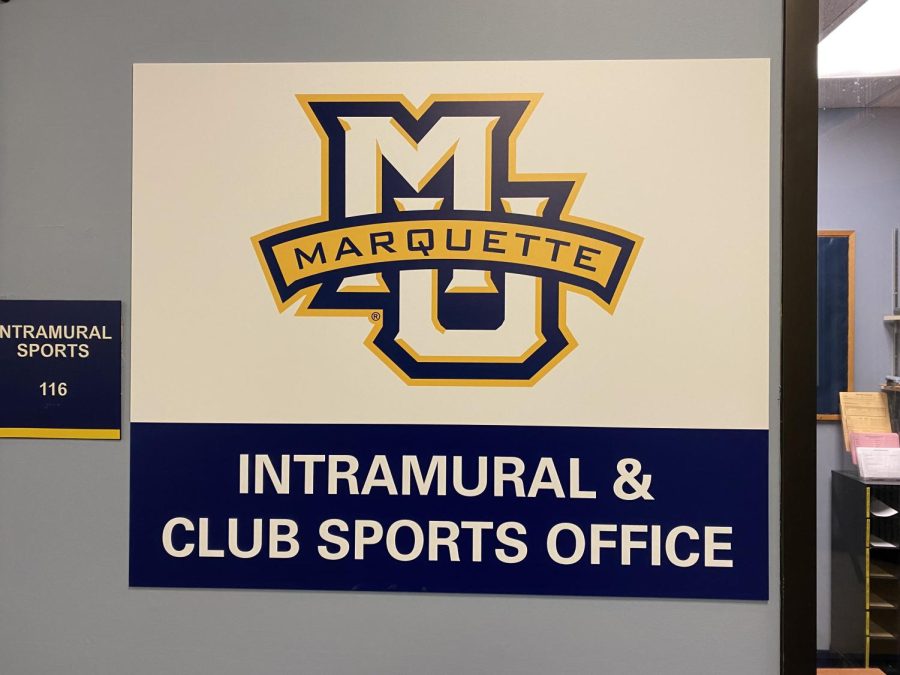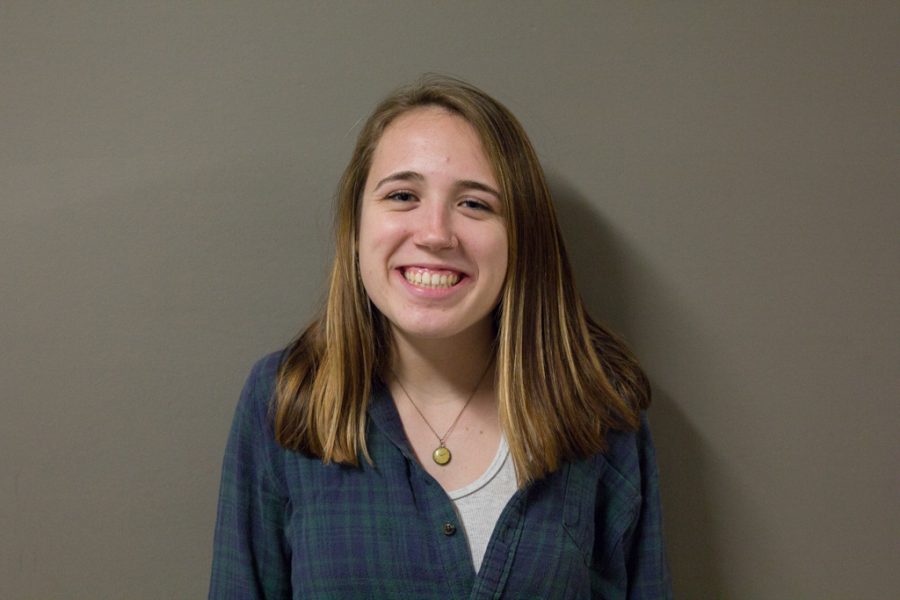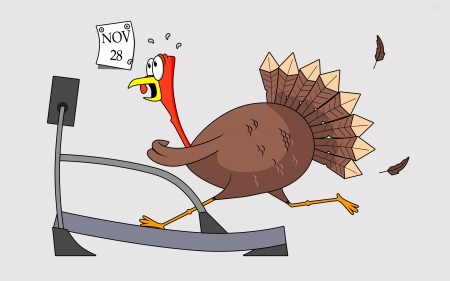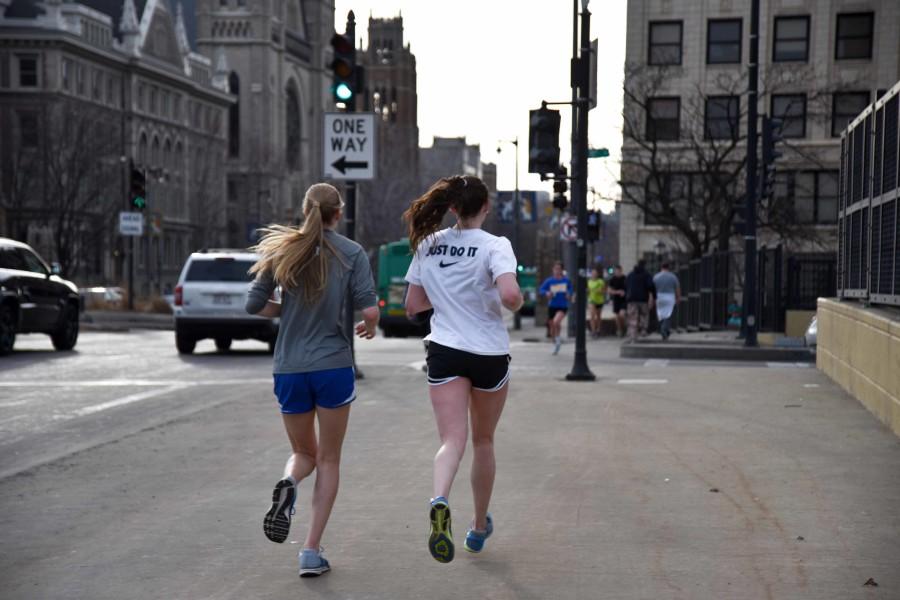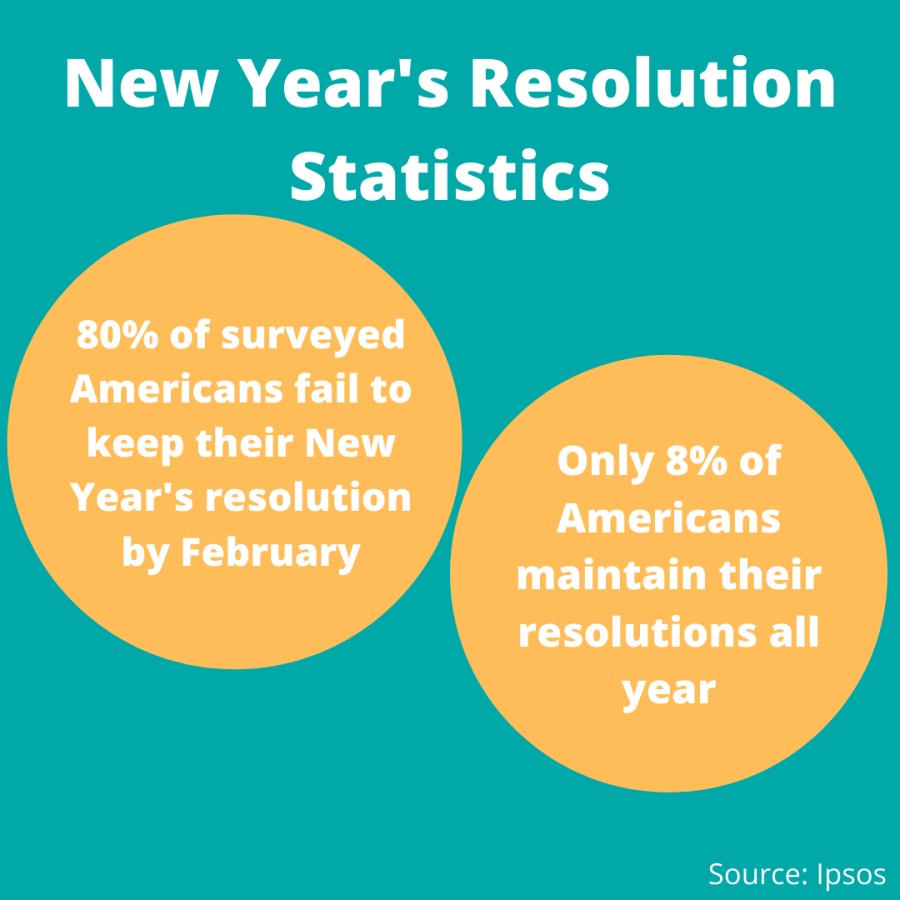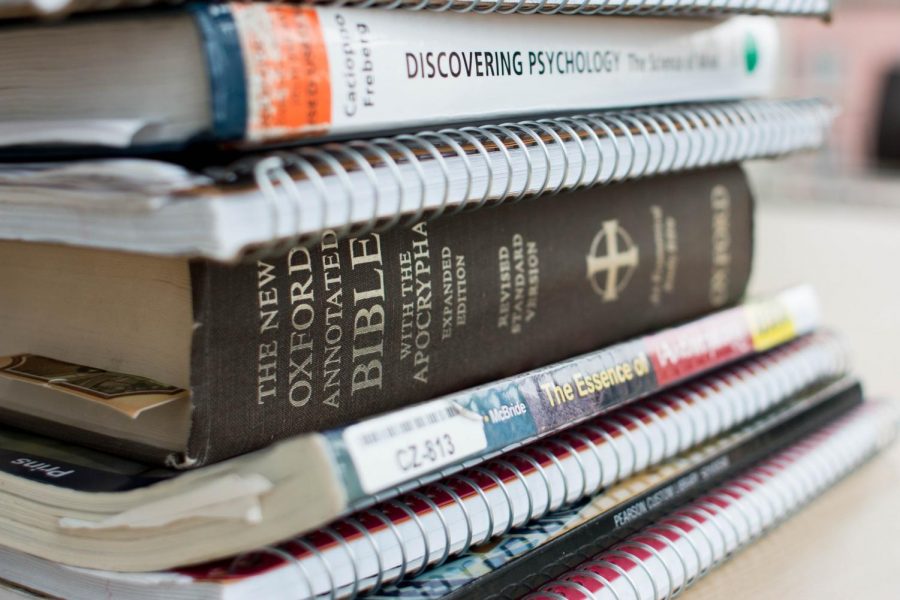The turn of the new year often is associated with a fresh start. It allows people to reflect on the past and make resolutions for the future.
Sean Hergenrother, a junior in the College of Health Sciences, started making resolutions towards the end of middle school and high school. He started taking his new year’s resolutions more seriously towards the end of high school and college.
“In the past usually I’ve tried to do one thing that I was noticing towards the end of the year … like in the past I’ve said ‘hey I want to drink more water or read a book every month,’” Hergenrother said.
Hergenrother explained how he and his friend made a resolution last year to try to listen to an album every single day. Though it didn’t last for long, Hergenrother said it diversified his music tastes as he tried to listen to music he wouldn’t normally pick. He listened to albums such as “The Wall” by Pink Floyd and “The Miseducation of Lauryn Hill” by Lauryn Hill.
“It lasted about March … but it definitely did leave an impact on me,” Hergenrother said.
Hergenrother said that as he began his journey studying for the Medical College Admissions Test, the test required for students to take in order to be accepted into medical school this year, he decided to focus more on academics for his resolution in 2021.
“I really want to try this year to be more intentional with my learning and learn for the sake of learning and mastering instead of working to get a grade on a test,” Hergenrother said.
Like Hergenrother, Andrew Pytlak, a junior in the College of Business Administration, also came into the new year with new resolutions.
“This new year I kind of want to start eating healthier and I’ve been doing that … and then something that I’m trying to do is frame things in a positive way,” Pytlak said.
Pytlak said mental health is important to him and by putting things in a more optimistic way, he can be a more positive person.
“By taking care of myself and by trying to do these positive activities, I feel like I’m bettering myself and helping myself out,” Pytlak said.
Pytlak said some of these activities include exercise, meditating and eating healthy.
Pytlak said he thinks that resolutions are a good way to start the year. He holds the “new year, new me” perspective.
Emily Hammons, a junior in the College of Health Sciences, holds a similar view, saying that she thinks resolutions are good, especially for those trying to accomplish something big that year. Hammons has a big goal for 2021.
“Even this year I’ve been kind of thinking about it more because I’m hoping to apply to physician assistant school this coming April so I really kind of set a goal of just, like, really pursuing that and putting my whole heart and work into that,” Hammons said.
Hammons said she does not necessarily write down or make specific resolutions, but she does have general goals going into the year.
“Every year I kind of go into hoping I’m going maintain what I can … and achieve something in the year, whether that be like something socially, academically, personally or something like that,” Hammons said.
Though resolutions can be helpful, they also can be hard to keep up with, Pytlak said. Despite this difficulty, he explained how he will try to maintain his resolutions.
“I think I just need to keep things relative, so with that being said … I have to give myself a break every once and a while and I can’t be super strict because that’s when you get burnt out,” Pytlak said.
This story was written by Ariana Madson. She can be reached at ariana.madson@marquette.edu.




